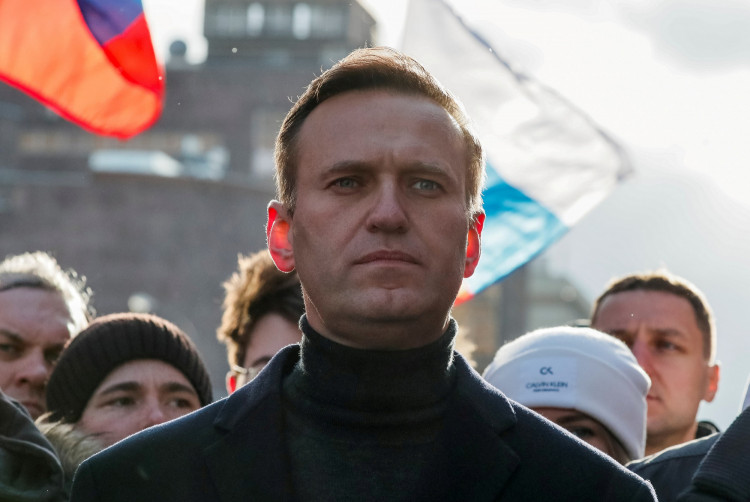Russia will impose entry restrictions on representatives from the European Union and its institutions after the bloc in September levied sanctions against Russian spies linked to the failed assassination of Russian opposition leader, Alexei Navalny.
Russia's Ministry of Foreign Affairs said Moscow "decided to expand the list of representatives of EU member states and institutions who will be denied entry to Russia." It didn't name the EU officials to be banned, but said the travel restrictions target "those who are responsible for promoting anti-Russian sanctions initiatives within the framework of the European Union."
"The Russian side, acting on the basis of reciprocity, has decided to expand the list of representatives of EU Member States and institutions who will be denied entry to the Russian Federation," said the ministry in a statement.
French Ambassador to Russia Pierre Lévy, Deputy German Ambassador Beate Grzeski, and a representative of the Swedish embassy were summoned to the ministry's offices in Moscow this week and informed of the decision.
The ministry hinted the travel bans announced Tuesday were its tit-for-tat response to EU sanctions levied in September against six senior Russian officials said to be involved in the botched poisoning of Navalny. Among the Russians whose assets were frozen by the EU and prevented from entering the bloc are Alexander Bortnikov, director of the Federal Security Service (FSS), two deputy ministers of defense, and former Prime Minister Sergei Kiriyenko.
The EU also imposed sanctions on the State Scientific Research Institute for Organic Chemistry and Technology, which produced the Novichok toxic nerve agent used to poison Navalny, as confirmed by several European laboratories.
The foreign ministry blasted the EU Council's "hasty and secretive" adoption of "illegitimate restrictive measures" imposed by the sanctions. It said the sanctions run counter to international law and that "unfriendly action by Western countries" have to be "met with an adequate response."
Russia's retaliation against the EU came only a day after Navalny said he had impersonated an official in Russia's Security Council and duped a toxins expert with the FSS into admitting the FSS had indeed poisoned him with Novichok.
In a video of the conversation posted online by Navalny, the expert said FSS spies placed poison in Navalny's underwear. The video got more than 13 million views in 24 hours and lit-up social media with memes featuring Navalny's underpants.
One of Navalny's supporters, prominent filmmaker Vitaly Mansky, was arrested Tuesday outside the FSS headquarters in central Moscow where he staged a one-man rally holding up a pair of blue underpants.






